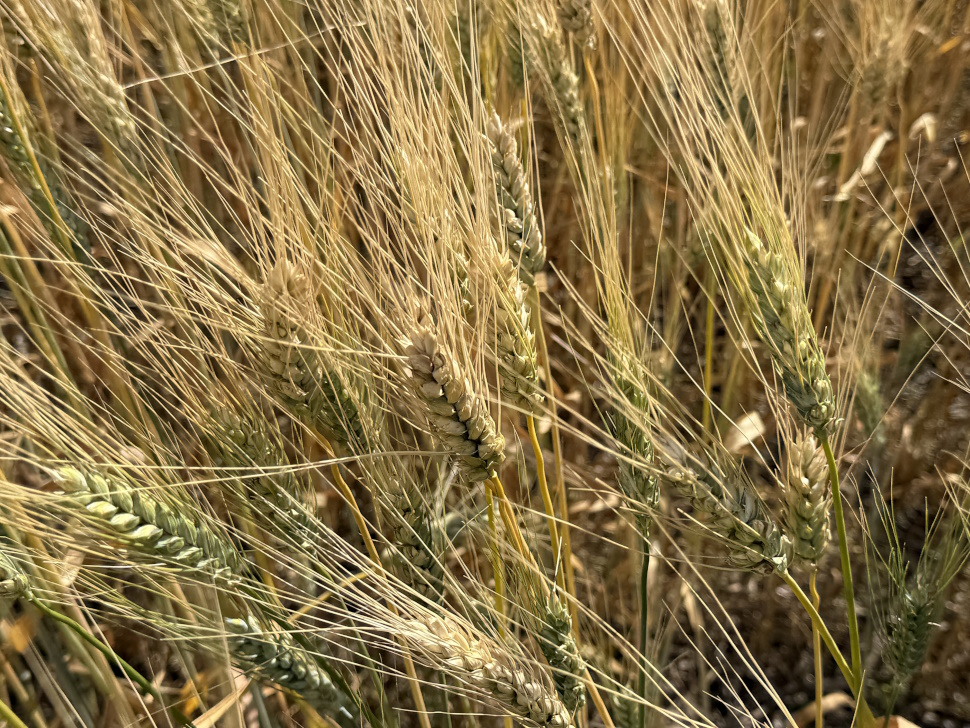Widespread rainfall over the past few weeks is having a mixed impact on crops, according to the latest crop report from the Ministry of Agriculture.
Producers are concerned about how the moisture will affect early-seeded crops. However, the rain is welcome for later-seeded fields.
“Some of the later-seeded crops, like a lot of the canola in the province, are still setting seed and podding and whatnot, so the moisture will definitely help those crops fill and really develop and live up to yield potential,” said crops extension specialist Tyce Masich.
While producers have welcomed the rain, it has delayed desiccation operations in several regions. Farmers are now looking for warm, dry weather to help crops mature.
Topsoil moisture levels have improved significantly. Cropland topsoil is rated at 11 per cent surplus, 75 per cent adequate, 11 per cent short and three per cent very short.
“Three-quarters of topsoils in Saskatchewan have adequate moisture for crop growth, which is a very good sign. That’s a very good level to be at, and it’s unfortunate we weren’t there about a month ago,” Masich said.
Hayland topsoil is rated eight per cent surplus, 68 per cent adequate, 16 per cent short and eight per cent very short. Pasture topsoil moisture is six per cent surplus, 67 per cent adequate, 19 per cent short and eight per cent very short.
Harvest is slowly progressing, with two per cent of crops in the bin. Most of the activity has been in the southwest, with mostly winter cereals coming off, along with a few acres of pulse crops, including lentils, peas and spring cereals.
“The rain this last week didn’t allow for too much progress, but I expect that if we get some dry weather over the next couple of weeks, we’ll really see harvest kick off,” Masich said.
Most crop damage reported last week was caused by excess moisture, strong winds and heavy rain.
“With all the rainfall we’ve had, yeah, the moisture has accumulated in low spots, low fields, and that’s taking a toll on some crops. But again, damage isn’t too widespread,” Masich said.
There have also been isolated reports of grasshoppers and bertha armyworm.
With harvest beginning to ramp up, motorists are reminded that farm machinery will be out on roadways. Drivers are urged to be patient and give equipment extra space.
